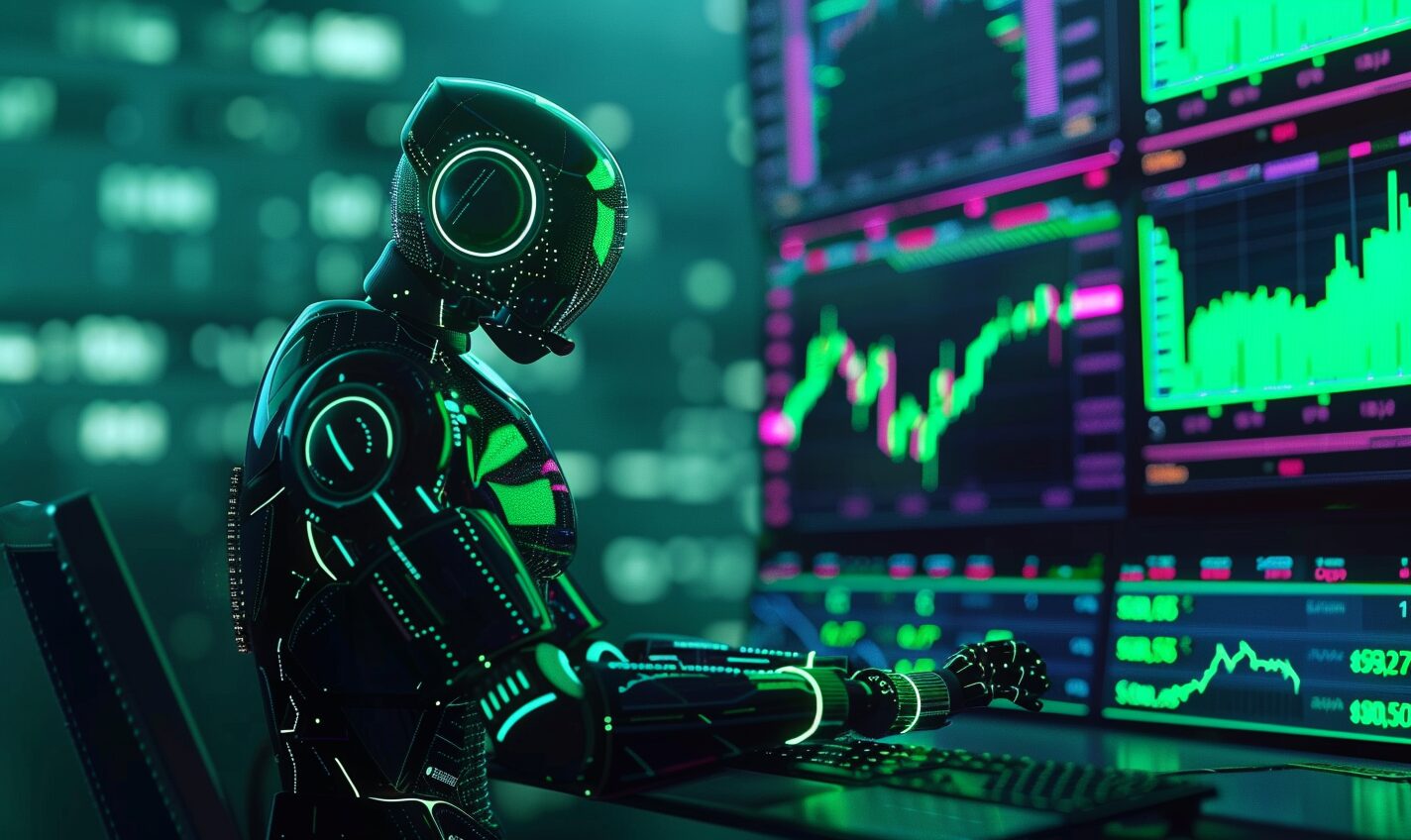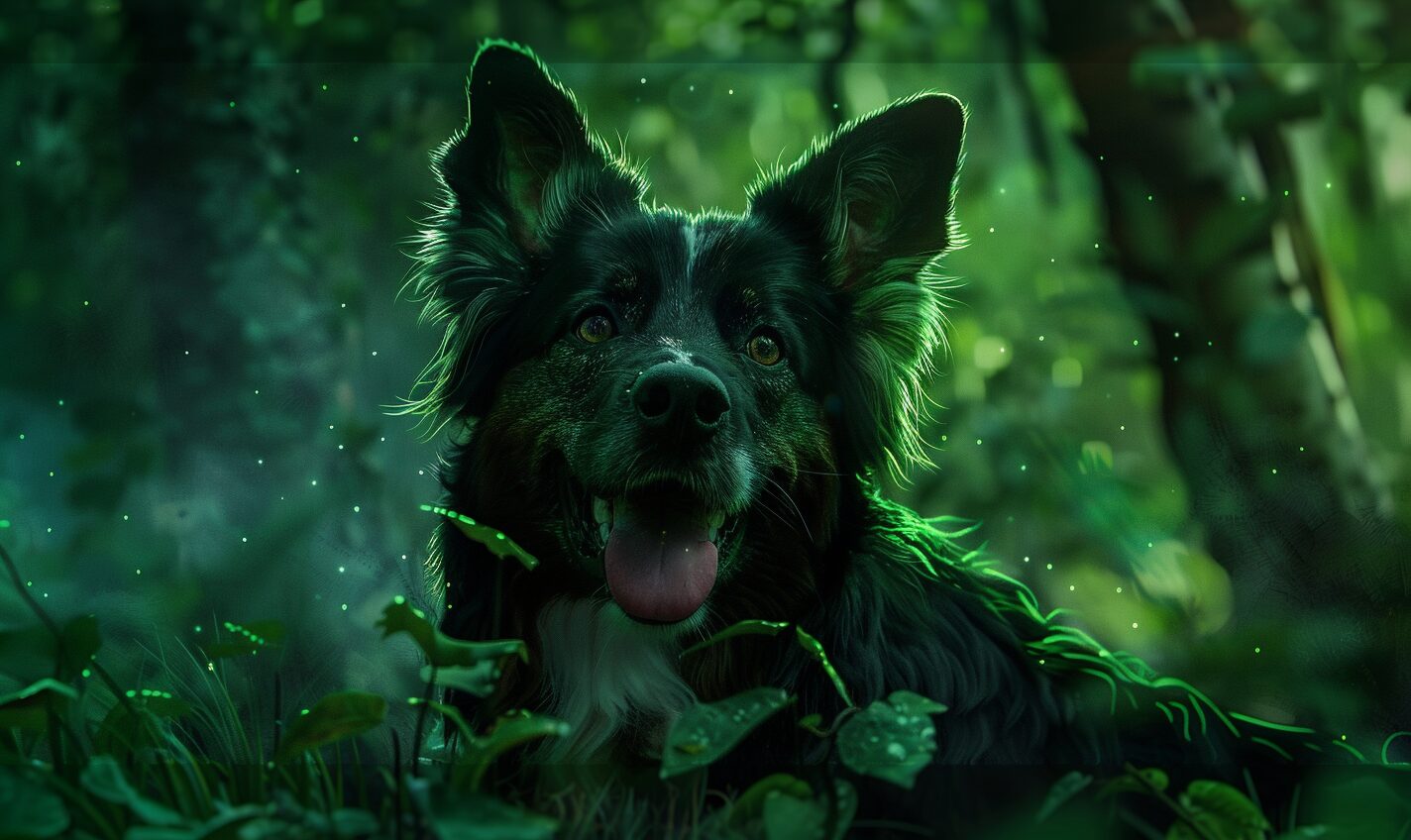In June of 2001, the Artificial Intelligence movie made its debut on the screen. The film explored the relationship between advanced technology and humanity.
Most films featuring artificial intelligence pit robots against humans in a war for survival. However, this film uses the story of a robot boy who wants to be human to question what humanity means — and if it’s even possible for humans to achieve it.
Plot Summary: A Question of “Real”
The film describes a world where flooding from climate change has claimed millions of lives and reduced the amount of livable land on earth. In this setting, humans have created a race of robots who help them meet the needs of a dwindling population.
During the opening scene, Professor Hobby describes his goal to create robot children who are capable of loving their parents. The first of this kind, David, is the protagonist of the film. He is programmed to love humans and form deep bonds with his new mother, Monica Swinton.
Unfortunately, Monica’s human son, Martin, is acutely jealous of David and persuades him to act out in scary, unpredictable ways. The Swintons decide they must return David to the factory, but Monica releases him in the woods with a robot teddy bear instead.
In the second half of the picture, David experiences the harsh divide between robots and humans and makes friends with another robot named Joe. The violence of a grisly flesh fair and heartbreak over being abandoned by his mother lead him to attempt suicide by falling off a building into the ocean.
Although Joe tries to rescue David, the robot boy ends up stuck underwater in a spacecraft. He comes face-to-face with a blue fairy statue from a submerged amusement park. He asks the fairy to make him a real boy until his robot body shuts down.
The film ends with a new species of robot discovering David and his teddy bear underneath ice 2000 years in the future. They’re able to reunite him with Monica in a simulation. After a perfect day together, Monica tells him she loves him. They fall asleep together, and David shuts down, having achieved his life goal.
A.I. Analysis: Origin
A.I. was the dreamchild of American film director Stanley Kubrick, who was well-known for his films’ philosophical plots and exploratory style. To create the story of A.I., Kubrick combined the classic Pinocchio fairytale with a short story written by Brian Aldiss called “Supertoys Last All Summer Long.” By Kubrick’s request, Aldiss helped to write the film’s original script.
Kubrick wanted Spielberg to direct this film because he felt that his friend’s filming style would do better justice to the story. After Kubrick’s sudden death from a heart attack, Spielberg followed Kubrick’s notes and completed the film in his honor. Although it received mixed reviews at the time, many viewers today feel the movie was underrated.
Themes From the Film
The main theme in this sci-fi drama is David’s desire, like Pinocchio, to become a real boy and find love and acceptance from his family. It’s not enough for him to follow his programming and show love – he wants to be loved in return as well. The question of humanity’s responsibility toward its creations is an early theme in the film.
Although he is a robot, David often acts more humanely than many of the humans around him, including his idolized mother. Over the course of the film, he demonstrates love, jealousy, fear, anger, and compassion – all very human emotions. Despite moving beyond his programming, David doesn’t feel like a real boy until he knows he is loved.
Some critics believe the movie should have ended after David is trapped underwater, forgotten by the world and confronted with his heart’s desire. However, Spielberg claims to have followed Kubrick’s direction to end the film 2000 years in the future. While both endings are bittersweet, the final ten minutes of the film help viewers feel the weight of David’s journey on a whole new level.
The Future of Humanity and AI
Viewers routinely describe this film as one of the most heartbreaking yet meaningful movies they’ve ever seen. Although the story has very dark elements, it explores important questions about what it means to be human. It begs the question: is it possible for machines to experience emotions?
As artificial intelligence continues to progress in the modern world, this movie is a good reminder that the way we interact with AI is crucial to our humanity. Although computers may never have feelings, they do impact the way we feel about ourselves and each other. Artificial Intelligence warns us that thoughtless acts of creation can be morally destructive.
Recent Stories
Follow Us On
Get the latest tech stories and news in seconds!
Sign up for our newsletter below to receive updates about technology trends














